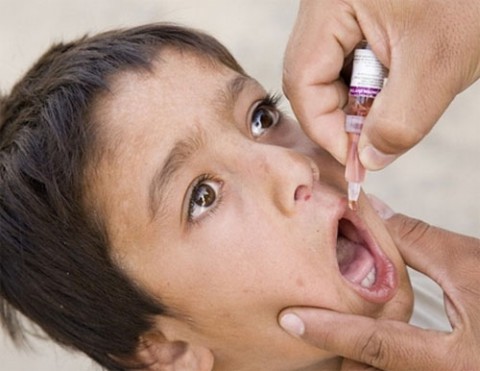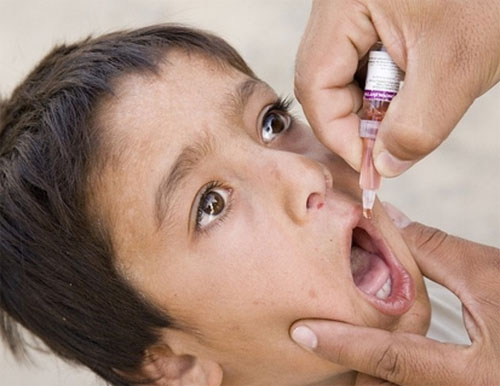 World Health Organization (WHO) officials have confirmed over 20 new cases of polio in an emerging outbreak taking place in the Syrian Arab Republic (Syria). Syria has not had an active polio case since 1999. The strain known as wild poliovirus type 1 (WPV1) was isolated from patients in the last several days. Further genetic testing is being done on other samples to see if all new cases are from the same strain.
World Health Organization (WHO) officials have confirmed over 20 new cases of polio in an emerging outbreak taking place in the Syrian Arab Republic (Syria). Syria has not had an active polio case since 1999. The strain known as wild poliovirus type 1 (WPV1) was isolated from patients in the last several days. Further genetic testing is being done on other samples to see if all new cases are from the same strain.
Health officials are mobilizing efforts for a large scale vaccine effort to diminish the disease from spreading. The goal is to vaccinate at least 2 million children against polio, as well as other diseases including mumps, rubella and measles. Over 90% of all new cases are occurring in infants and toddlers.
Prior to the recent unrest in the region, over 95% of children were immunized properly. Because of the disruption to infrastructure, at least one million children did not receive vaccines during the political upheaval. Health officials are concerned that the outbreak will spread to other areas due to people crossing from one neighboring country to another.
While the exact source of the outbreak is unknown, health officials think that Jihadi fighters who came into Syria via Pakistan are likely the root cause. The Global Polio Eradication Initiative (GPEI) has been working diligently to assist in the eradication of polio and have been making incredible progress through partnerships with governments, the World Health Organization and contributors such as the Bill and Melinda Gates Foundation.
It is too early to tell how much damage this outbreak will do to the impressive results made by global polio eradication efforts. In 1998 there were over 350,000 polio cases. Prior to this outbreak there were fewer than 223 cases of polio globally. In May 2013, the Horn of Africa also experienced an outbreak linked specifically to an inability to keep vaccination programs in place during conflict. That outbreak is also ongoing.
Medical professionals with a wide range of training are mobilizing through nongovernmental organizations (NGO’s) like the American Red Cross. When outbreaks of contagious diseases occur around the globe, special response teams become the boots on the ground, charged with the countless tasks necessary to stop the disease in its tracks.









